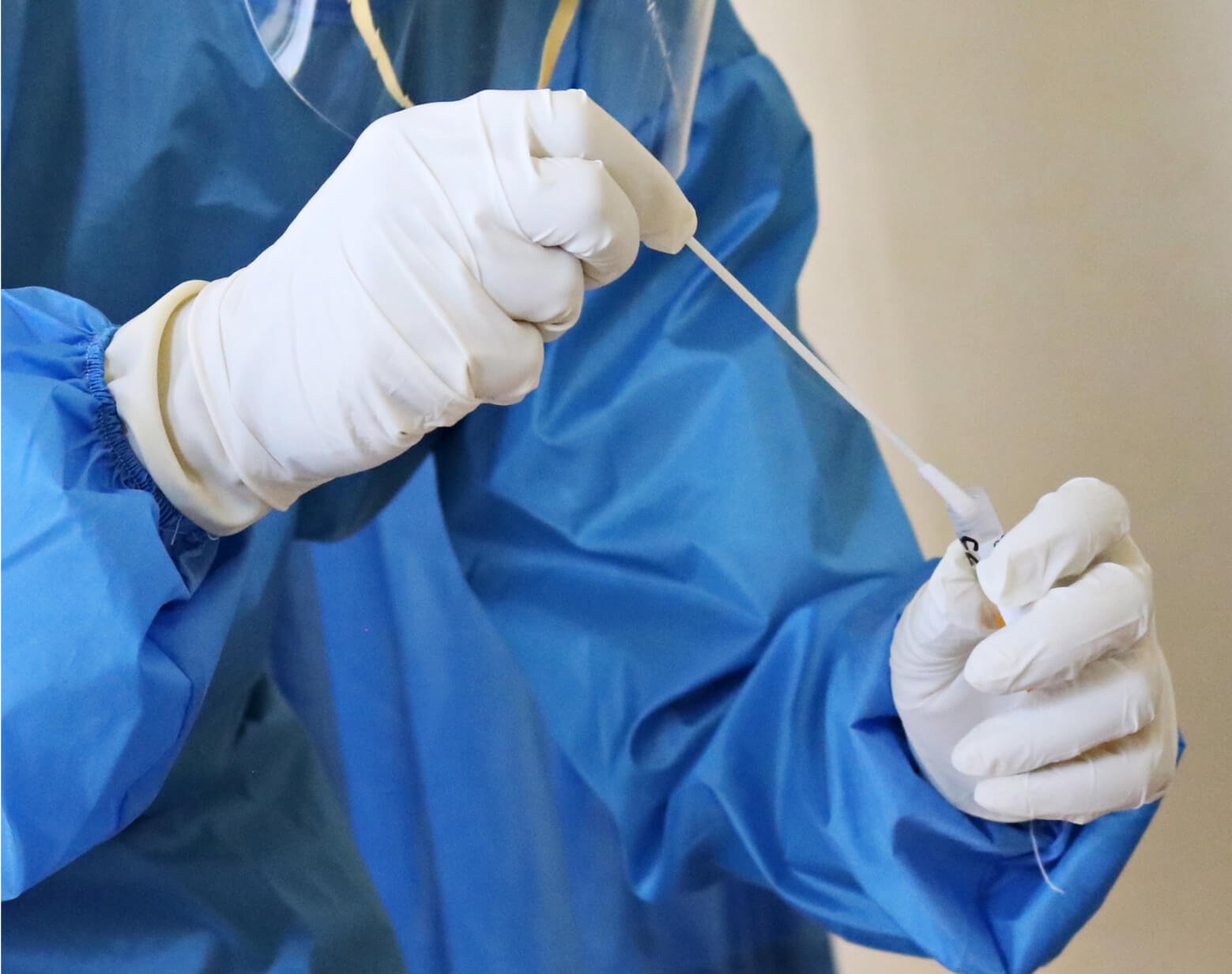
About
The future of medicine requires systems thinking, urgent action, and a new approach to healthcare and stewardship.
+
Medicine for a Changing Planet is a collaboration between the Stanford Center for Innovation in Global Health and the University of Washington.
About the Case Studies
We are a group of health professionals motivated by a shared concern about how climate change and other disruptions to Earth’s natural systems are requiring new approaches to healthcare and new competencies for healthcare providers. We have developed a suite of case studies that highlight various clinical manifestations of environmental challenges – and skills that clinicians can develop to provide effective care for patients on a changing planet.
These cases are designed to be used in the clinical phase of training for medical professionals, since they focus on clinical competencies regarding the impact of environmental change on the patient care setting and the role of clinicians in detecting and managing the impacts of those changes on their patients.
On a global level, it is apparent that some of the most severe impacts of climate change and other environmental change are occurring in vulnerable populations and low- and middle-income countries. For this reason, while some of the cases are set in the United States or Europe, many of them are based in a low-resource setting and were developed with input from healthcare providers across multiple countries.
Patients as “Sentinels”
A key concept underlying these cases is that clinicians can play a critical role in recognizing and managing “sentinel cases” of disease and illness related to environmental stressors. Such sentinel cases can be the “tip of the iceberg” or the “canary in the coal mine,” providing important clues that there could be environmental health threats affecting others in the community as well.
The Medicine for a Changing Planet case studies can help healthcare providers become the “astute clinician” who can put together key clues from the history, physical, and labs to correctly diagnose an environmental exposure that is driving the health problems of that patient. The case studies provide key content to increase clinician awareness and knowledge about important environmental factors, including heat, air pollution, toxics, and vectorborne diseases.
Host-Environment Approach to Prevention
Once an environmental stressor has been identified, and acute medical or surgical management has taken place, there is an opportunity for prevention of further adverse health effects. Our case studies promote a “Host-Environment” approach to such prevention. This involves considering whether any steps can be taken to improve host resilience to environmental stress, such as optimizing medical status, nutrition, or knowledge of avoidance of hazards. In addition, the clinician can take steps to reduce environmental exposures, either through patient education or leveraging community resources to mitigate such risks.
The “Social-E” in the Medical History
These cases propose that since any information about environmental factors is usually placed in the social history part of the medical history, this component should be renamed the “Social-Environmental” history (“Social-E” for short). In an expansion of social determinants of health, using the term “Social-E” serves as a reminder about the need to consider how environmental stressors, in addition to social factors, are impacting a patient’s health.
Data on key factors such as the patient’s living situation, occupation, and awareness of environmental hazards in the community can be placed in the Social-E section of the history. In addition, the clinician may learn of other data about the patient’s environment from online data bases, health department alerts, etc. Ensuring that the medical history has considered the patient’s environment will help clinicians in diagnosis and treatment – and in identifying opportunities to reduce their patient’s vulnerability and potentially harmful environmental exposures.
More information on “Social-E” can be found here.
Beyond the Clinic
Once a problem is diagnosed in an individual patient, there is a need to notify and collaborate with public health authorities or other appropriate agencies and resources. These cases demonstrate this important step in care. The cases provide context for how climate change and other environmental changes are causing widespread effects in communities and regions. The “Beyond the Clinic” sections of the cases present integrated approaches to different environmental threats to health – leveraging the approaches of planetary health and One Health. Such approaches highlight the interconnection of human health, animal health, and the health of their shared environment – and how comprehensive interventions for health require attention to ecological and environmental systems.
Target Learner Audience
These cases are designed for healthcare providers in their clinical phase of training, as well as practitioners interested in sharpening their skills to deal with emerging threats. These cases can be seamlessly integrated into existing didactic structures, as they correlate with ACGME milestones.
Approximately half of the cases are based in a low-resource country, where some of the most severe impact of climate and other environmental change are affecting vulnerable communities.
Call to Action
While our cases focus on clinical competencies for clinicians to recognize and treat emerging health threats as a result of broader environmental and ecological shifts, they also discuss other ways that clinicians can play a crucial role in mitigating a growing planetary crisis. Each case includes a “Call to Action” section, which suggests steps that clinicians can take to respond to planetary health threats – in the clinic, within local communities, and at a larger societal level.
At the clinic level, for example, clinicians can help promote systems changes to reduce the carbon footprint of care delivery and also make the clinic more responsive to patients presenting with health problems related to environmental stressors. At the community and societal levels, clinicians can play a role in raising awareness and joining coalitions to adapt to and mitigate hazards.
Health professionals are a powerful, trusted voice in society. Their potential to enact change through collaborating with decision-making authorities and galvanizing grassroots action in support of planetary health solutions cannot be understated. Many initiatives across the world are supporting health professionals in heeding a broader call to action. Links to other partners and resources can be found here.









